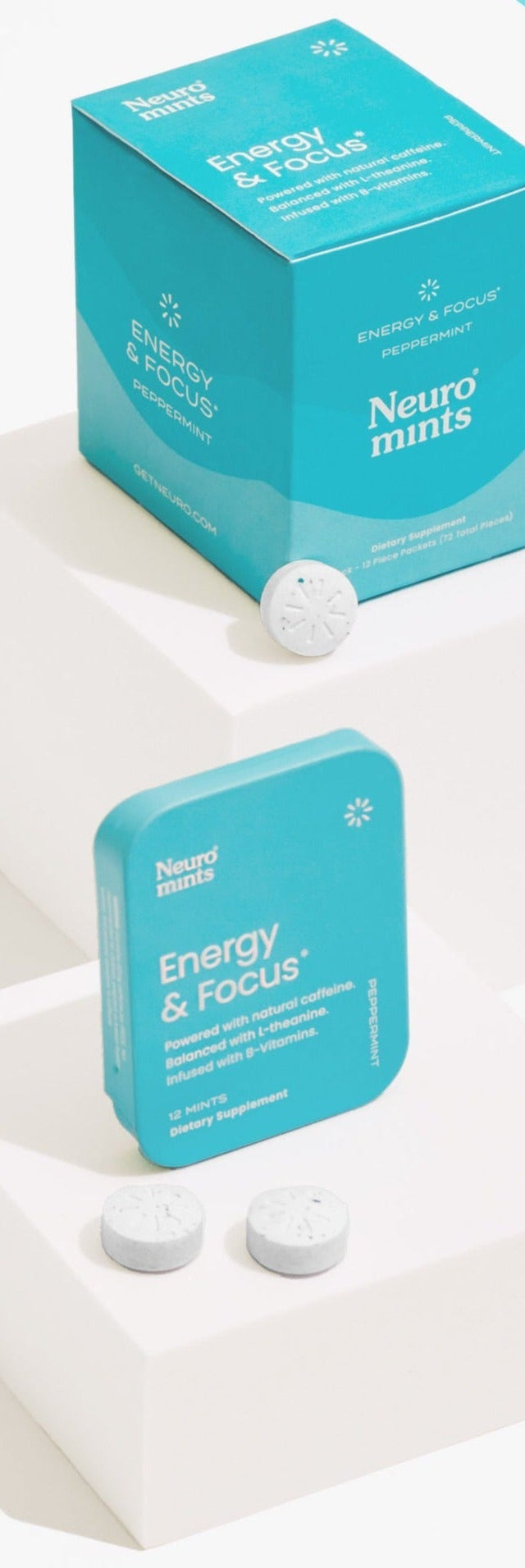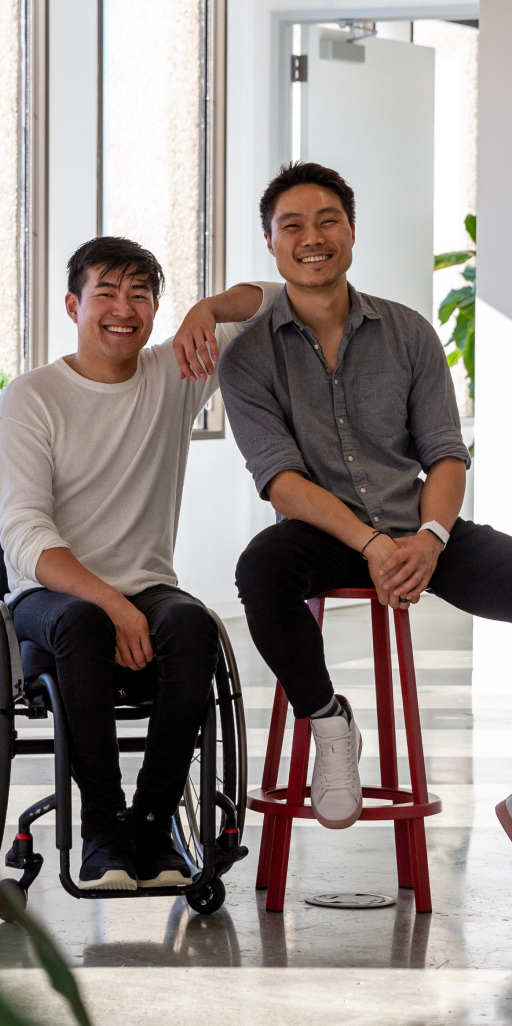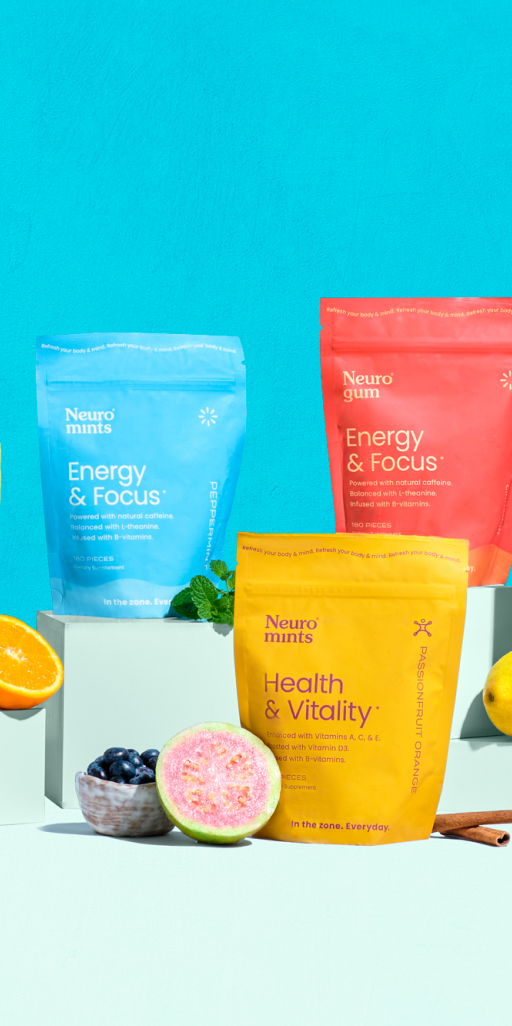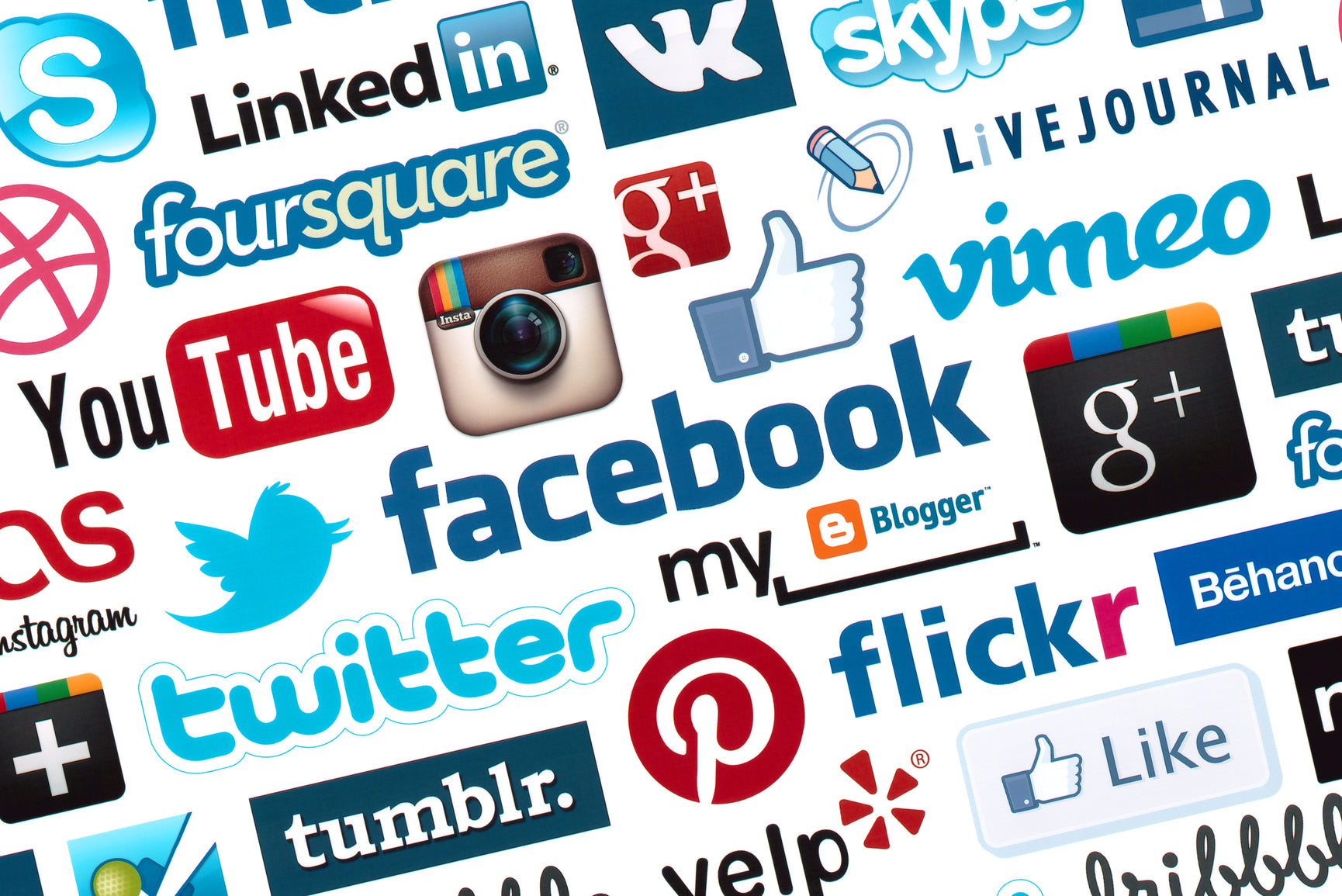
As the use of social media and social networking tools is rapidly becoming a constant presence in our daily routines, scientists, and in particular, social psychologists, are becoming increasingly interested in its effects on our brains and behavior.
Although using social networking sites can be a great way to stay in touch with friends and family, organize events and share information, many studies have been demonstrating the negative effects of social media on its users’ mental well-being. Recently, even Facebook, which now boasts 2.07 billion active users, has acknowledged that social media can have a negative influence on its users’ mental health.
 Although we might not feel concerned about the effects of social media on our mental health as we browse our newsfeeds while standing in line at the grocery store, taking a break from work or right before we fall asleep, a vast array of recent studies has revealed the potential negative influence of heavy social media use on our psychological well-being.
Although we might not feel concerned about the effects of social media on our mental health as we browse our newsfeeds while standing in line at the grocery store, taking a break from work or right before we fall asleep, a vast array of recent studies has revealed the potential negative influence of heavy social media use on our psychological well-being.
- Use of social media can contribute to feelings of anxiety and depression

A recent large-scale systematic review of scientific studies regarding the effects of social media on its users’ mental health carried out by clinical psychologists at Lancaster University in the UK has revealed that the use of social media can lead to depression, especially when study participants reported comparing themselves to other users.
Another new study has demonstrated that using multiple social media platforms is linked with feelings of anxiety and depression. Specifically, the results of the study revealed that individuals who used the most social media platforms had a much higher risk of depression and anxiety than individuals who used just a few or zero social media platforms. Interestingly, this study also showed that the use of multiple social media platforms was more strongly associated with depression and anxiety than the amount of time spent online.
- Social media can result in fear of missing out

As we see photos of our friends having fun on our social media feeds, FoMO (fear of missing out), a type of social anxiety, is becoming more prevalent. FoMO, a relatively new phenomenon, has been defined by Andrew Przybylski and his colleagues at the University of Essex in his study as “a pervasive apprehension that others might be having rewarding experiences from which one is absent.”
The results of the study by Przybylski and his colleagues have shown that FoMo is associated with decreased mood, decreased life satisfaction and an increased need to browse social media feeds and check messages. According to the recent #StatusOfMind survey of around 1,500 adolescents and young adults published by the United Kingdom’s Royal Society for Public Health, Instagram, a photo-based social media platform, is strongly associated with FoMO.
- Social media use can lead to sleep disturbances

According to new research by scientists at the University of Pittsburgh and supported by the National Institutes of Health, increased time using social media in young adults makes them more likely to experience sleep problems and to have symptoms of depression. Although the study points out a link between social media use and sleep problems and not a clear cause-and-effect relationships, researchers are concerned about potential harmful effects of social media use on sleep quality.
5 Ways to Optimize Your Sleep
In addition, it has already been previously demonstrated that artificial light sources, such as the screens of our phones, interfere with sleep by interrupting our body’s natural circadian rhythms by producing “blue” light, which suppresses melatonin, a naturally-occurring hormone that promotes sleep and regulate our sleep/wake cycles.
- Social media use can lead to negative body image

Magazines and television have been previously blamed for portraying unrealistic and unattainable “ideal” body image to us, and now, social media isn’t far behind them in making us feel inadequate about how we look. Despite the fact that many social media platforms make it so easy for us to earn approval for our appearance or to compare ourselves to others, not much is yet known about the detrimental effects of heavy social media use on the way we view our bodies. In the recent years, psychologists have discovered strong evidence linking social media use to negative body image, self-objectification and eating disorders in teenagers.

Moreover, the same systematic review has found that “viewing and uploading photos and seeking negative feedback via status updates, were identified as particularly problematic.” Another recent study has found that frequent viewing of “fitspiration” pages on Instagram is associated with greater body image concerns in young women.
Read more: Live BOLD and Dismiss the Haters
- Social media can be addictive

Scientists have discovered that social media use, including receiving “likes” and comments on our posts, as well social interactions via social networking platforms, results in the release of dopamine in our brains (which explains why we love receiving new notifications). Dopamine is the neurotransmitter, or chemical messenger that is associated with pleasure and rewarding experiences, and is also released following positive social interactions in real life.
 In addition, researchers have also found that using social media platforms such as Facebook can activate specific brain regions involved in the processing and anticipation of rewards, motivating us to stay active on social media. Although our social media addiction does not share all of the same features as drug or gambling addictions, studies have shown that quitting social media can also lead to a sort of withdrawal in individuals who frequently use social networking sites.
In addition, researchers have also found that using social media platforms such as Facebook can activate specific brain regions involved in the processing and anticipation of rewards, motivating us to stay active on social media. Although our social media addiction does not share all of the same features as drug or gambling addictions, studies have shown that quitting social media can also lead to a sort of withdrawal in individuals who frequently use social networking sites.
Read about Sensory Deprivation: The Natural Healing Drug
Hi! We’re Team Neuro, aficionados of all things brain-related, from creativity to working out. With backgrounds in art, science, and athletics, we love delving into all the potentials of the human body.
We also created the world's first sugar-free nootropic caffeine gum that utilizes the effects of caffeine and L-theanine, made to help you optimize your mind — anywhere, anytime. Find out more here.





























 In addition, researchers have also found that using social media platforms such as Facebook can activate specific brain regions involved in the processing and anticipation of rewards, motivating us to stay active on social media. Although our social media addiction
In addition, researchers have also found that using social media platforms such as Facebook can activate specific brain regions involved in the processing and anticipation of rewards, motivating us to stay active on social media. Although our social media addiction